Leading change
Why are indigenous languages marginalised?
The College of Human Sciences continued its research and innovation month showcase when its Department of African Languages hosted a seminar examining the current state of indigenous languages in South Africa and the continent.
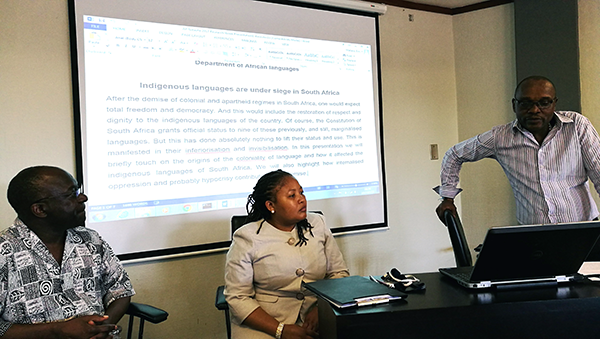
Dr Ximbani Eric Mabaso, Dr Thato Mabolaeng Monyakane, and Arthur Phumzile Sotashe from Unisa’s Department of African Languages in the College of Human Sciences
Speakers included Arthur Phumzile Sotashe, Dr Ximbani Eric Mabaso, and Dr Thato Mabolaeng Monyakane, all from the department. Each one of their presentations looked at how indigenous languages continue to be marginalised and looked down upon. There are concerns in the country and continent regarding the low status that African languages have.
The seminar was therefore a platform for academic discourse on how to address this matter. Contributing factors for this low status include, among others, colonial legacy, negative perceptions of multilingualism, and negative attitudes towards the use and inclusion of indigenous languages.
Speaking on how indigenous languages are under siege in South Africa, Sotashe’s presentation focused on the origins of the coloniality of language and how it affected the indigenous languages of South Africa. He highlighted ways in which internalised oppression and hypocrisy contributed to the demise of indigenous languages. He said after the demise of colonial and apartheid regimes, one would expect total freedom and democracy, but queried if this was happening. He said while the constitution grants official status to these languages, “absolutely nothing” has been done to lift their status and use.
Mabaso spoke on empowering the indigenous South African languages (IndiSAL) through the creation and use of abbreviations and acronyms. His presentation focused on the beautiful African words that can be created from abbreviations and acronyms using already existing African words. In order to showcase his point, he focused on terminology development strategies in redressing the diminished status and use of indigenous South African languages in a multilingual context.
He said part of the challenges include people’s impression that IndiSAL do not have and therefore cannot use their own abbreviations and acronyms. Another challenge he said is that speakers of IndiSAL appear brainwashed as they hate and undermine their own languages. Speakers of these languages also know and understand English shortenings and therefore prefer to use them instead of their own. He further pointed to how the perpetuation of monolingual and bilingual language policies cannot redress the diminished status of the IndiSAL nor empower them by fostering their development and promotion towards the attainment of multilingualism.
Mabolaeng spoke on the theory of ethnicity and its utility in understanding the basis of cultural homogeneity of African societies, the case of Sotho groups. Her presentation engaged the theory of ethnicity within the paradigm of oral Sesotho literature discussions to explain the similarity of Sotho language groups. She specifically focused on Gellner and Smith’s theories of ethnicity respectively to show how these expand the dimension of the description of similar Sotho groups demonstrated by their oral literature.
*By Rivonia Naidu-Hoffmeester
Publish date: 2017-03-27 00:00:00.0


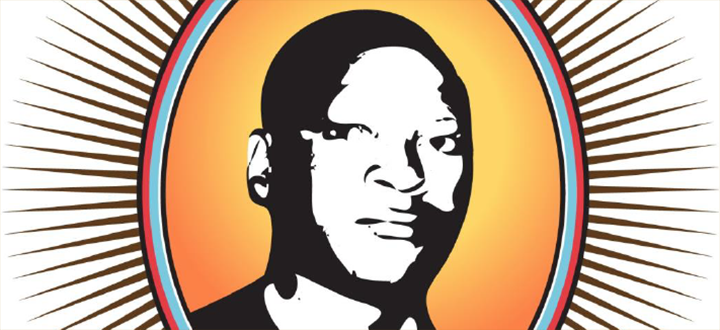 Unisa honours Dr OK Matsepe's enduring legacy
Unisa honours Dr OK Matsepe's enduring legacy
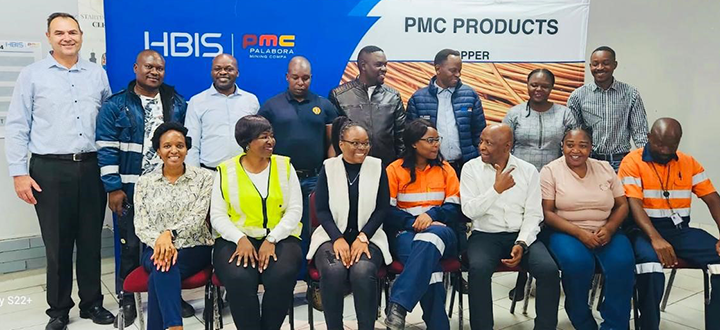 Great strides towards concretising Unisa-PMC partnership
Great strides towards concretising Unisa-PMC partnership
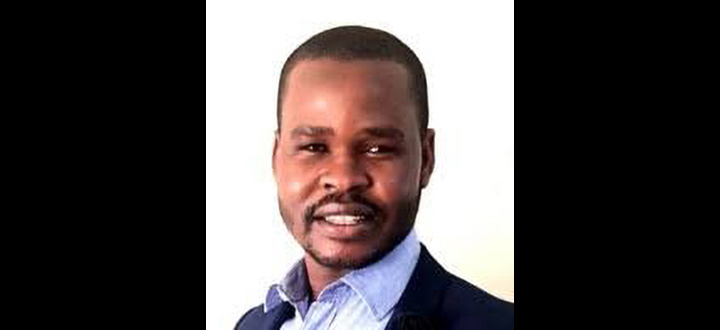 Mental health among men in the workplace needs more attention
Mental health among men in the workplace needs more attention
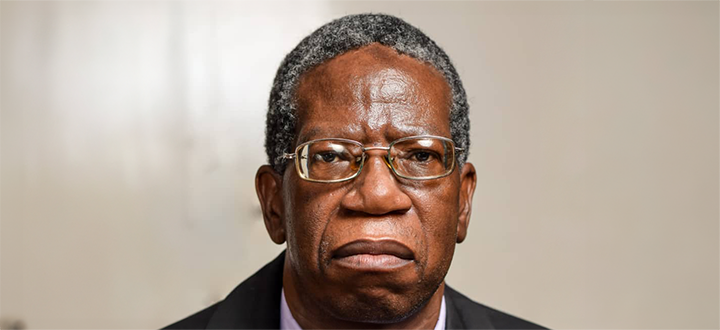 "I owe everything to Unisa and my late supervisor's priceless mentoring"
"I owe everything to Unisa and my late supervisor's priceless mentoring"
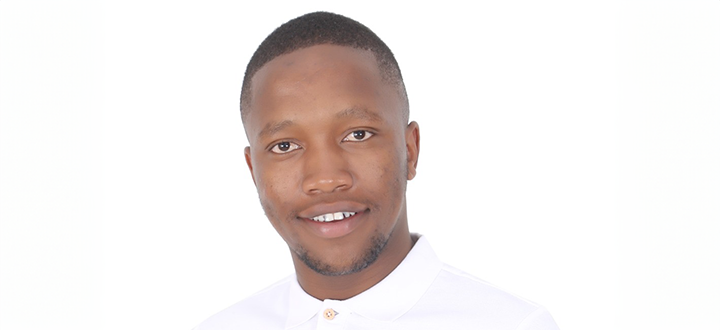 Majikijela - a queer scholar raising homosexuality awareness through his work
Majikijela - a queer scholar raising homosexuality awareness through his work